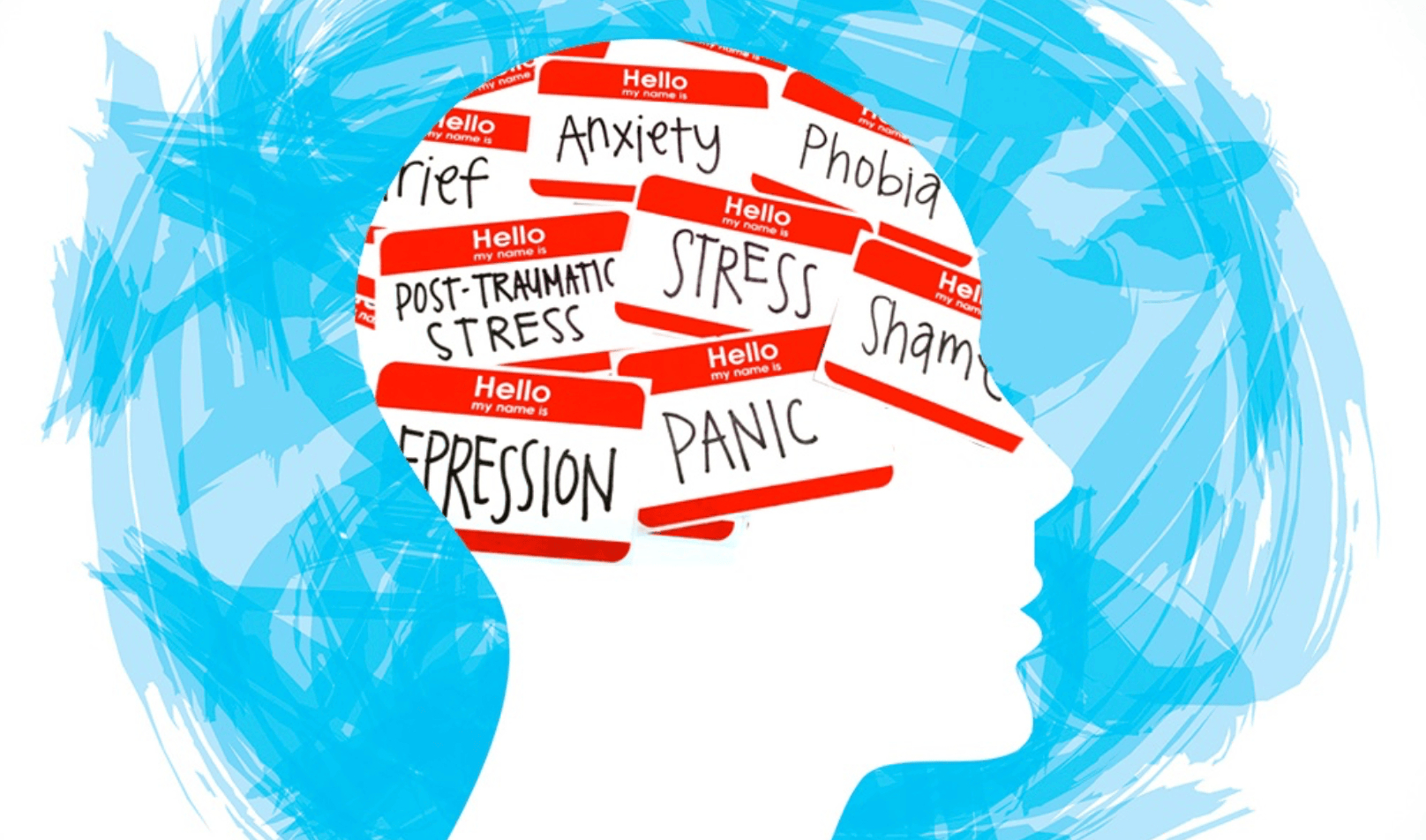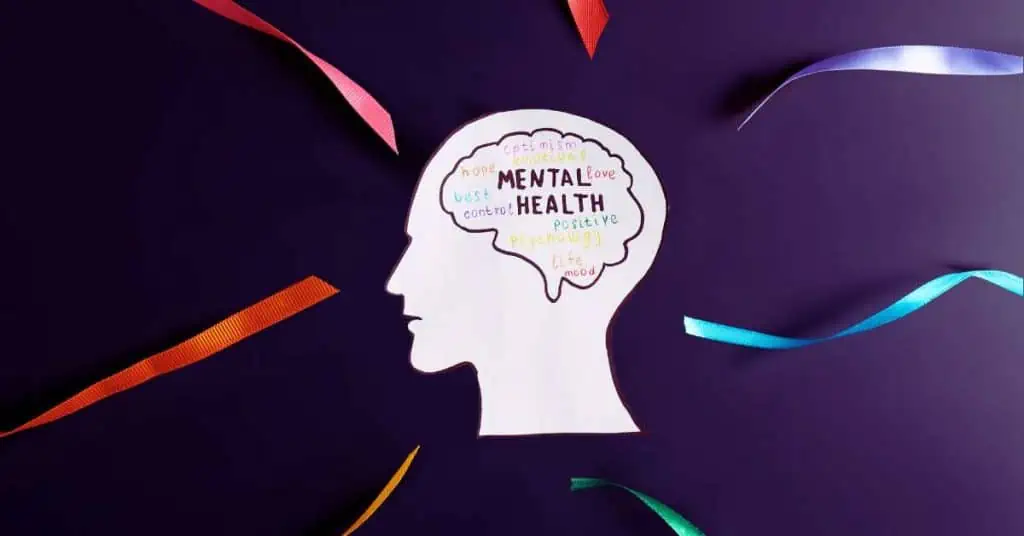Inside Look at a Top Inpatient Mental Health Program Experience
Inside Look at a Top Inpatient Mental Health Program Experience
Blog Article
Comprehensive Inpatient Mental Health Providers for Effective Treatment
Inpatient mental wellness solutions stand for a crucial part of the health care system, giving a structured and intensive atmosphere for people experiencing severe mental distress. Discovering the nuances of this continuum discloses considerable ramifications for both individual healing and wider mental health end results.
Recognizing Inpatient Mental Wellness Solutions
Inpatient mental wellness solutions offer crucial assistance for people experiencing extreme psychological distress that can not be managed successfully in an outpatient setup. These solutions are developed to supply an extensive level of treatment in a structured environment, often within a hospital or specialized facility. Patients admitted to inpatient programs usually present acute signs, such as self-destructive ideation, serious clinical depression, or psychosis, demanding day-and-night monitoring and intervention.
The admission procedure generally entails a thorough assessment by psychological health experts, who examine the person's psychological state, background, and immediate needs. Once admitted, patients take part in a variety of healing methods tailored to their specific requirements, consisting of drug management, individual treatment, and team sessions. This all natural method aims to stabilize the patient's problem, advertise security, and foster coping skills.
Inpatient psychological health and wellness solutions not just address immediate wellness problems yet additionally work as a bridge to ongoing care. By providing a controlled environment, these solutions facilitate the growth of therapy plans that can be proceeded in outpatient setups, thus ensuring a continuum of care and enhancing lasting end results for individuals with intricate mental health and wellness requirements.
Key Components of Effective Treatment
Effective treatment in inpatient mental health solutions comprises a number of crucial components that promote recovery and stablizing. First and leading, a detailed evaluation is necessary to determine the individual's specific demands and difficulties. This analysis notifies the growth of a tailored treatment plan, which functions as a roadmap for treatment.
Another critical part is the multidisciplinary group method. Collaboration among psychoanalysts, psychologists, registered nurses, and social workers ensures that different viewpoints contribute to the patient's treatment, enhancing the efficiency of treatment. Evidence-based therapeutic techniques, such as cognitive-behavioral therapy (CBT) and dialectical behavior modification (DBT), are additionally indispensable, giving organized techniques that resolve maladaptive idea patterns and behavioral issues.

Lastly, a concentrate on aftercare planning is vital to guarantee a smooth change to outpatient solutions, decreasing the threat of regression and promoting long-lasting health. These collective elements create an efficient therapy structure within inpatient mental health and wellness services.
Benefits of Comprehensive Treatment

Comprehensive care in inpatient psychological health and wellness solutions supplies countless benefits that considerably enhance client end results. One of the key advantages is the alternative method to therapy, dealing with not just the mental signs however additionally the physical, social, and psychological demands of clients. This extensive analysis permits customized interventions that advertise overall wellness.
Another advantage is the assimilation of multidisciplinary groups, which promotes cooperation amongst medical care experts. This collaborative environment ensures that clients receive collaborated care, decreasing the risk of fragmented therapy and improving communication amongst caregivers. Additionally, comprehensive care promotes connection of solutions, allowing for seamless transitions from inpatient to outpatient setups, which is important for long-term healing.

Finally, the organized atmosphere of detailed inpatient care provides a risk-free space for clients to participate in healing tasks, helping them establish dealing strategies and resilience. Jointly, these benefits contribute to more effective therapy and improved high quality of life for individuals experiencing mental wellness crises.
Evidence-Based Restorative Approaches
In the realm of mental wellness therapy, evidence-based useful content restorative methods play a critical function in ensuring that patients get reliable and medically sustained treatments. These strategies integrate the very best readily available research with scientific competence and individual worths, promoting a tailored therapy experience that resolves individual needs.
Cognitive Behavior Modification (CBT) is among one of the most widely identified evidence-based methods, concentrating on recognizing and changing adverse idea patterns and behaviors. This organized approach has demonstrated efficacy in treating problems such as ptsd, stress and anxiety, and clinical depression. Similarly, Dialectical Actions Treatment (DBT) is specifically efficient for individuals with borderline individuality disorder, emphasizing the development of psychological law and interpersonal performance skills.
Furthermore, drug management is usually an essential component of evidence-based therapy, as psychotropic medicines can ease signs and boost overall performance. Collective treatment models, which entail multidisciplinary teams, further boost the efficacy of inpatient solutions by making sure extensive assessments and continual monitoring.
Ultimately, the assimilation of evidence-based restorative techniques not just advertises positive medical results yet additionally encourages patients, fostering a sense of firm and durability in their mental health journeys.
Transitioning to Outpatient Assistance
The transition from inpatient mental health and wellness services to outpatient support marks an important stage in a patient's recuperation trip. This period requires cautious preparation and coordination to ensure connection of treatment and to minimize the threats of relapse or crisis. Effective discharge planning ought to commence early in the inpatient stay, entailing a multidisciplinary team that includes psychiatrists, psychologists, registered nurses, and social employees.
Secret elements of an effective change consist of the development of a comprehensive aftercare plan tailored to the individual's particular demands. This plan must describe follow-up appointments, drug administration, and therapeutic interventions, in addition to recognize neighborhood resources and support groups that can assist in recurring healing.
Furthermore, person and family education is essential during this phase. Recognizing the indications of potential problems and the significance of adhering to therapy can equip people and their assistance systems.
Regular follow-up and review of the outpatient plan are necessary to address evolving obstacles. By cultivating a collaborative partnership in between inpatient and outpatient suppliers, the possibility of continual healing increases, inevitably enhancing the patient's lifestyle and reducing the link risk of readmission.

Verdict
In recap, detailed inpatient mental health and wellness services offer a crucial structure for addressing serious emotional distress via a multidisciplinary method. Inevitably, such comprehensive care is vital for lasting mental health and wellness and health.
The admission procedure typically involves a detailed assessment by psychological health and wellness professionals, that review the individual's psychological state, history, and instant needs.Reliable treatment in inpatient mental health services comprises several his response crucial parts that foster healing and stabilization.Detailed care in inpatient mental health and wellness solutions provides many advantages that significantly enhance patient results.The transition from inpatient psychological health and wellness solutions to outpatient support notes an essential stage in a patient's recuperation journey.In recap, thorough inpatient mental wellness solutions use a vital framework for addressing extreme psychological distress with a multidisciplinary technique.
Report this page